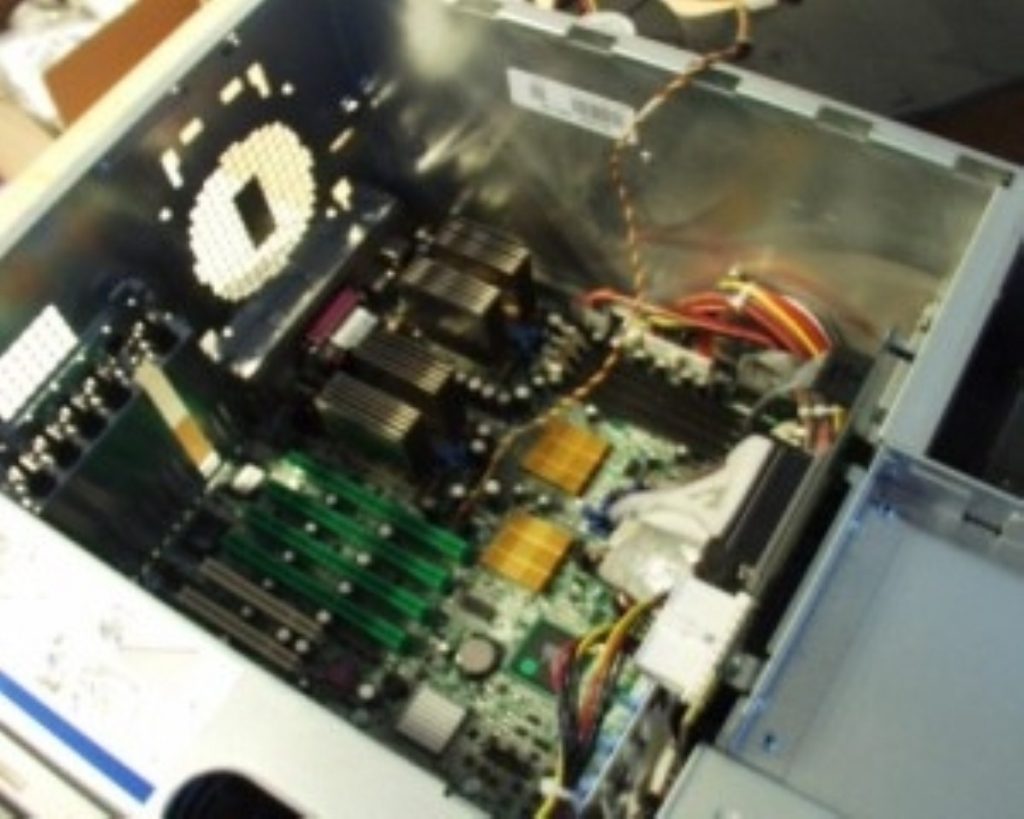Work to start on ‘conscious robot’
British researchers will soon embark on a radical project to develop a ‘conscious’ robot, after winning nearly £500 000 funding set aside for highly adventurous and risky ventures.
Computer scientists and neuropsychologists at the Universities of Essex and Bristol aim to further understanding of the workings of human consciousness whilst moving forward in the development of intelligent machine technology.
Essex project leader and computer scientist Owen Holland explains: ‘Consciousness is perhaps the last remaining mystery in understanding what it is to be human”.
“By attempting to build physical systems which can produce a form of artificial consciousness, we hope to learn more about the nature of consciousness”.


The team proposed one of only 13 projects chosen from 700 applications to receive funding from the Engineering and Physical Sciences Research Council’s Adventure Fund, which aims to support research that challenges current conventions and explores new boundaries.
The robot will be designed and built at the University of Essex, which hosts one of the UK’s largest mobile robotics groups.
Meanwhile Bristol scientists will develop the robot’s visual capabilities, which will be vital to the project as most of our understanding of consciousness derives from visual experience and visual imagination.
Once the robot is built, it will be put in a complex environment and will have to imagine itself carrying out various activities before choosing the best course of action. Computer systems will simultaneously analyse activity in the robot’s ‘brain’, allowing the researchers to search for signs of consciousness.
Mr Holland concedes that there is “quite a high risk of failure” given the ambitious target of detecting consciousness. But he notes that even if unsuccessful, the project will boost understanding of the operation of complex human-like visual systems.
“This will enable ourselves and others to build robots with better-developed artificial intelligence in the future”.












